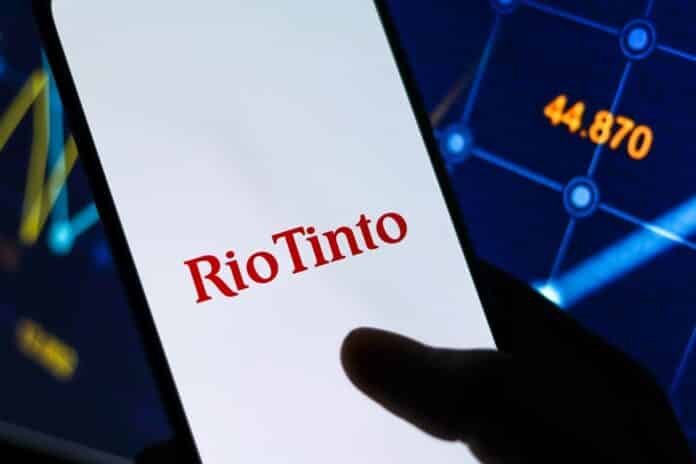Nestled within the mountains of Bougainville Island in Papua New Guinea lies an abandoned crater, measuring a kilometer in width, that has been carved deep into the earth. Once one of the largest gold and copper mines in the world, this open pit now stands as an unsightly reminder of the environmental and social turmoil that can arise from the extraction of underground resources.
Operated for many years by a subsidiary of the Anglo-Australian corporation Rio Tinto, the Panguna mine generated substantial revenue for Papua New Guinea (PNG) and played a significant role in financing the nation’s independence. However, it also discharged waste into local waterways and incited resentment among residents who felt deprived of the mine’s profits.
Currently, human rights advocates, local government officials, and the mine’s previous operators are collaborating to develop a thorough assessment of the mine’s harmful legacy. Their report is intended to serve as the foundation for negotiations aimed at compelling the mining companies to address the environmental damage and provide compensation to the affected communities.
Nevertheless, supporters of this initiative are concerned that their efforts may be jeopardized by a class-action lawsuit initiated against the mine’s former operators. This legal action is being led by former rebel leaders and is supported by anonymous offshore investors who could potentially gain hundreds of millions of dollars if the lawsuit is successful. The region’s government and many local leaders believe the class action would leave many Bougainvilleans empty-handed.
At least 300,000 people are estimated to live on Bougainville, including as many as 15,000 who live downstream of the mine. Of those, some 4,500 have joined Martin Miriori —a tribal leader whose brother, Joseph Kabui, served as the first president of autonomous Bougainville — in seeking compensation through the class-action suit. Miriori took many by surprise when he became the public face of the lawsuit filed in PNG’s National Court in May against Rio Tinto and its former local subsidiary, Bougainville Copper Limited.
The tribal leader is a prominent figure in Bougainville; however, the investors financing the lawsuit remain largely unknown. Their identities have been kept confidential, partly because Panguna Mine Action LLC, the entity behind the lawsuit, is registered in Nevis, a small Caribbean Island that does not mandate public disclosure of company shareholders and directors.
The investors in the lawsuit stand to gain significantly from any potential settlement. According to funding documents, Panguna Mine Action is set to receive between 20 to 40 percent of any payout, with the percentage increasing the longer the legal proceedings continue. Both Miriori and Panguna Mine Action have indicated that the potential value of any award could reach billions of dollars.
The initial court hearing for the class action lawsuit against Rio Tinto has been scheduled for 10 October 2024 in Port Moresby, the capital of Papua New Guinea.
More information about the class action is available at https://www.pangunamineaction.com/




